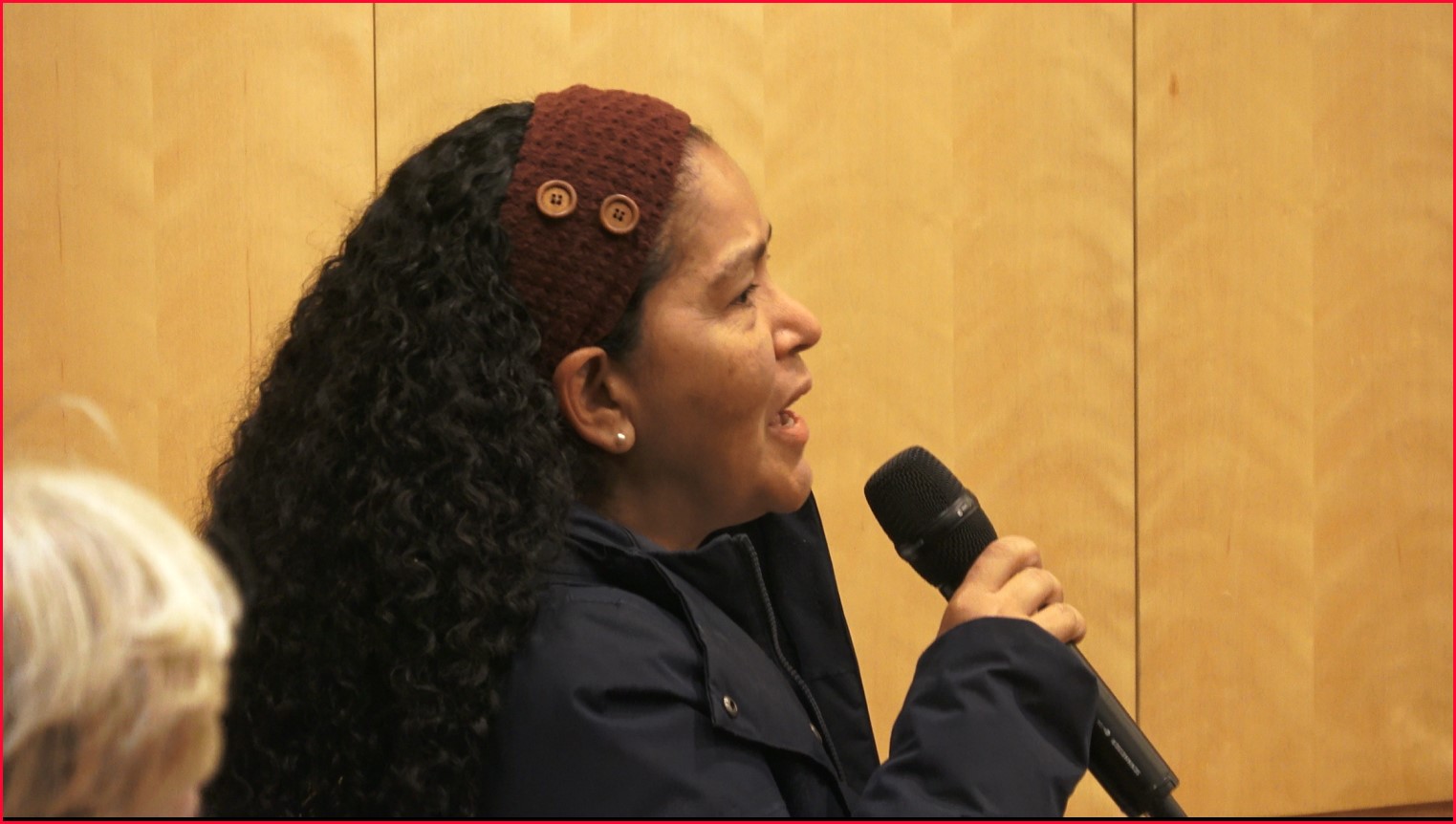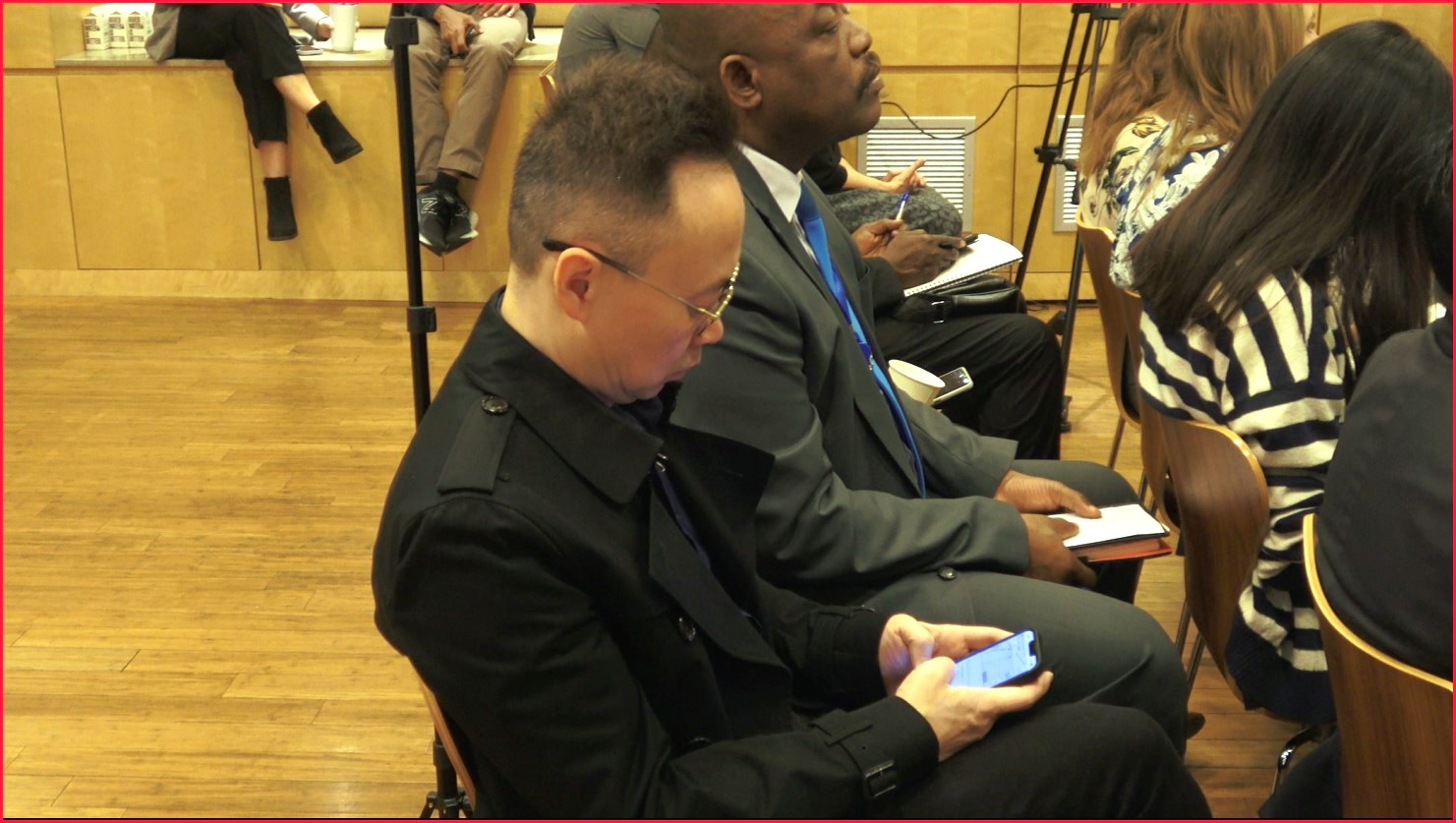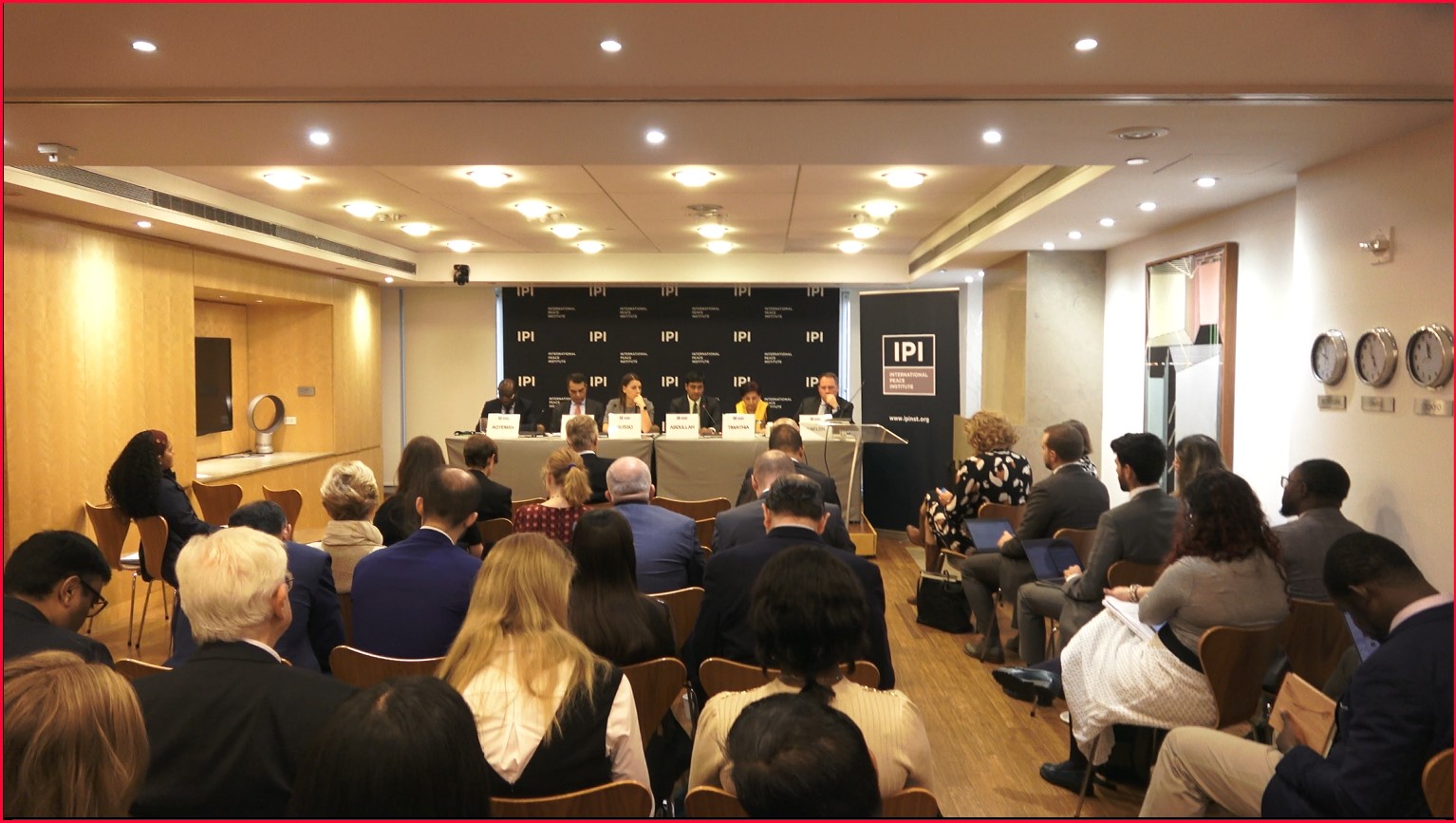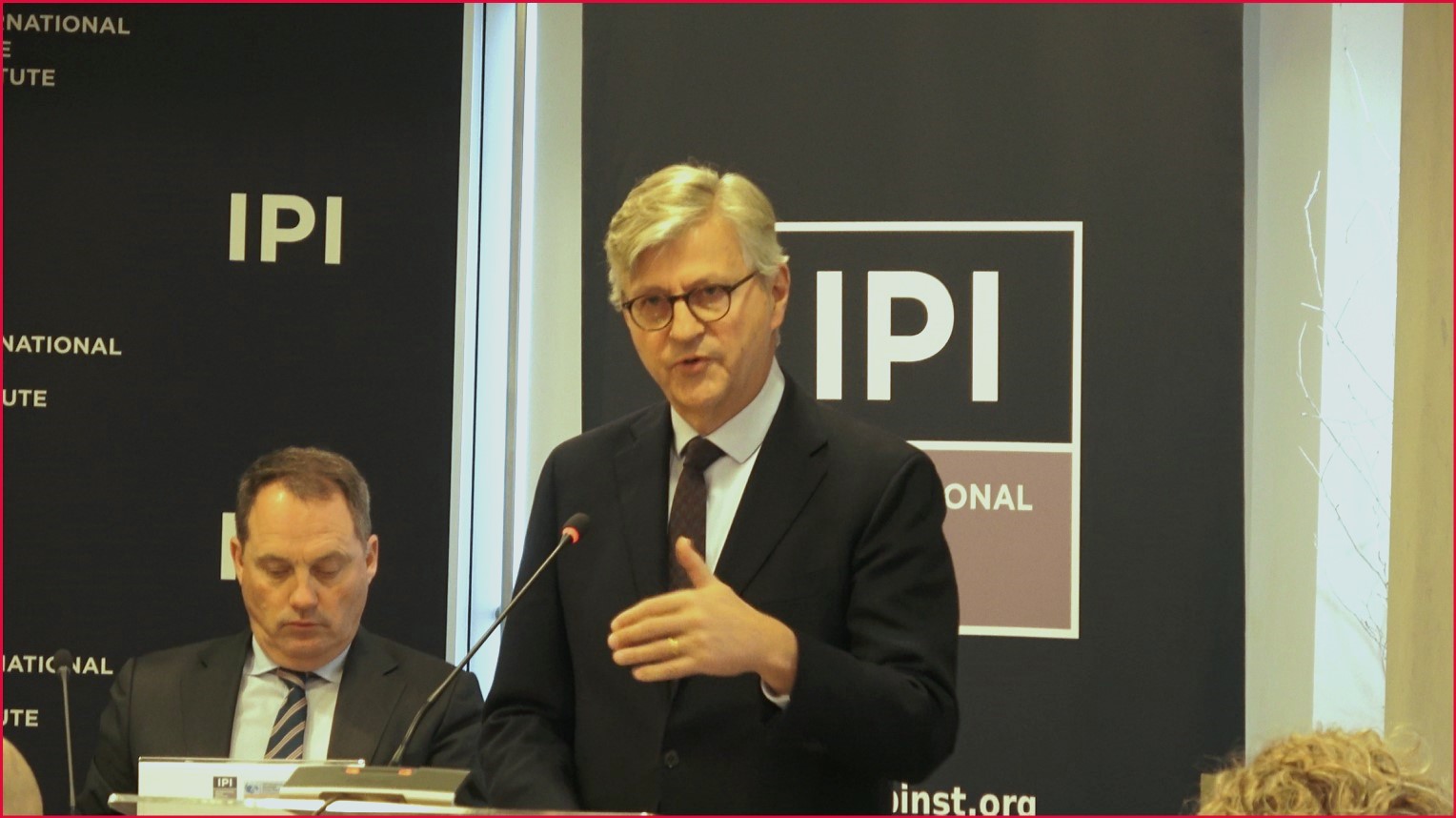
The Under-Secretary-General for Peacekeeping Operations, Jean-Pierre Lacroix, outlined the objectives of the Ministerial Conference on Peacekeeping in three parts: “The first part will discuss providing capabilities for mate delivery and ensuring effective cooperation, including protection, safety, security, and technology. The second part will delve into capacity building and training, including mental health. The final part will explore the conditions for successful peace, including government support, comfort, and sympathy. The success of the ministerial conference will depend on the high-level participation and strong political support of our stakeholders in peace, as well as full commitment.”
Jean-Pierre Lacroix pointed out: “The security of the world, the United Nations, and peacekeeping as an important part of the United Nations peace and security activities are carried out in the context of facing huge challenges. We need to think about how to improve the tools we currently have, discuss the various topics I mentioned, but we also need to further think about medium and long-term issues, that is, what the future of peace operations will be like, multilateralism is still a credible response, including how to respond to peace and security challenges through field operations, what we can do to deal with the situation that has occurred. The new peace agenda provides a series of paths and proposals to achieve this goal, member states will begin to deal with the new peace agenda, including statements on operations, which we are planning.”
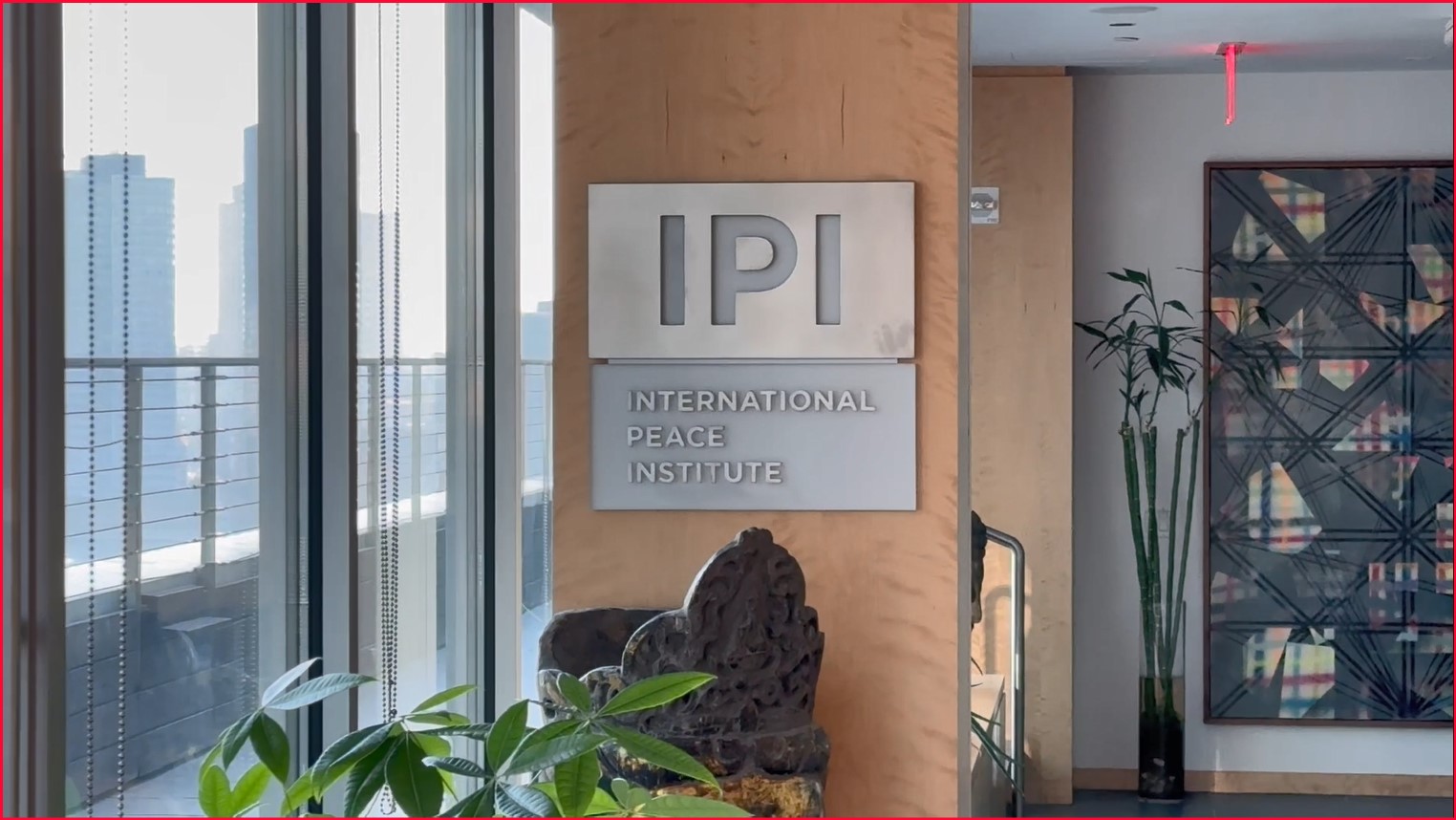
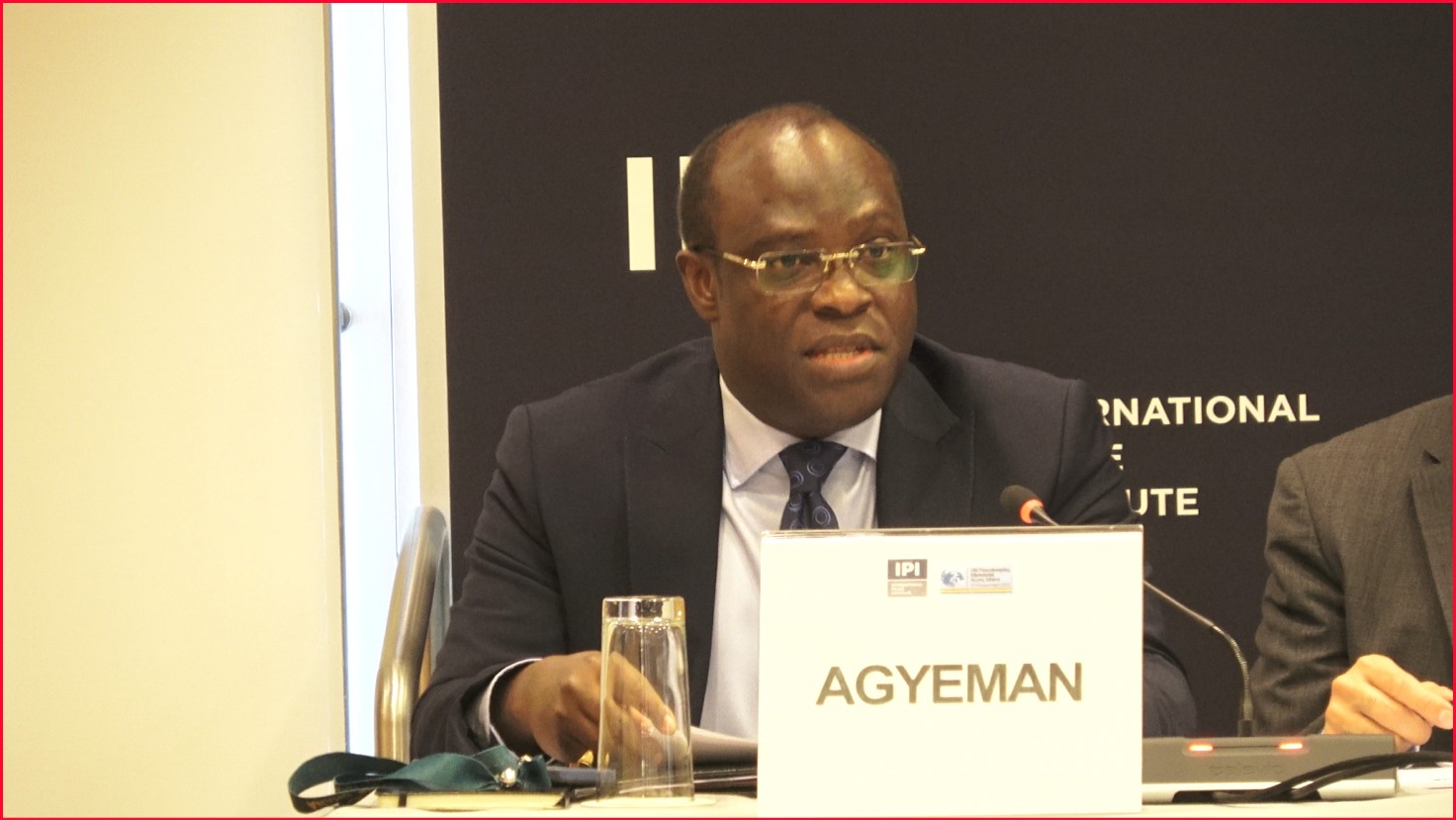
The speakers at the meeting included: Harold Adlai Agyeman, Permanent Representative of Ghana to the United Nations; Md. Showeb Abdullah, Counsellor of the Permanent Mission of the People’s Republic of Bangladesh to the United Nations; Adarsh Tiwathia, Chief Medical Officer and Deputy Director of the United Nations DHMOSH/DOS; Muhammad Usman Iqbal Jadoon, Permanent Deputy Representative of the Permanent Mission of Pakistan to the United Nations; Djeyhoun Ostowar, Deputy Head of the Political Affairs Department of the Permanent Mission of the Kingdom of the Netherlands to the United Nations.
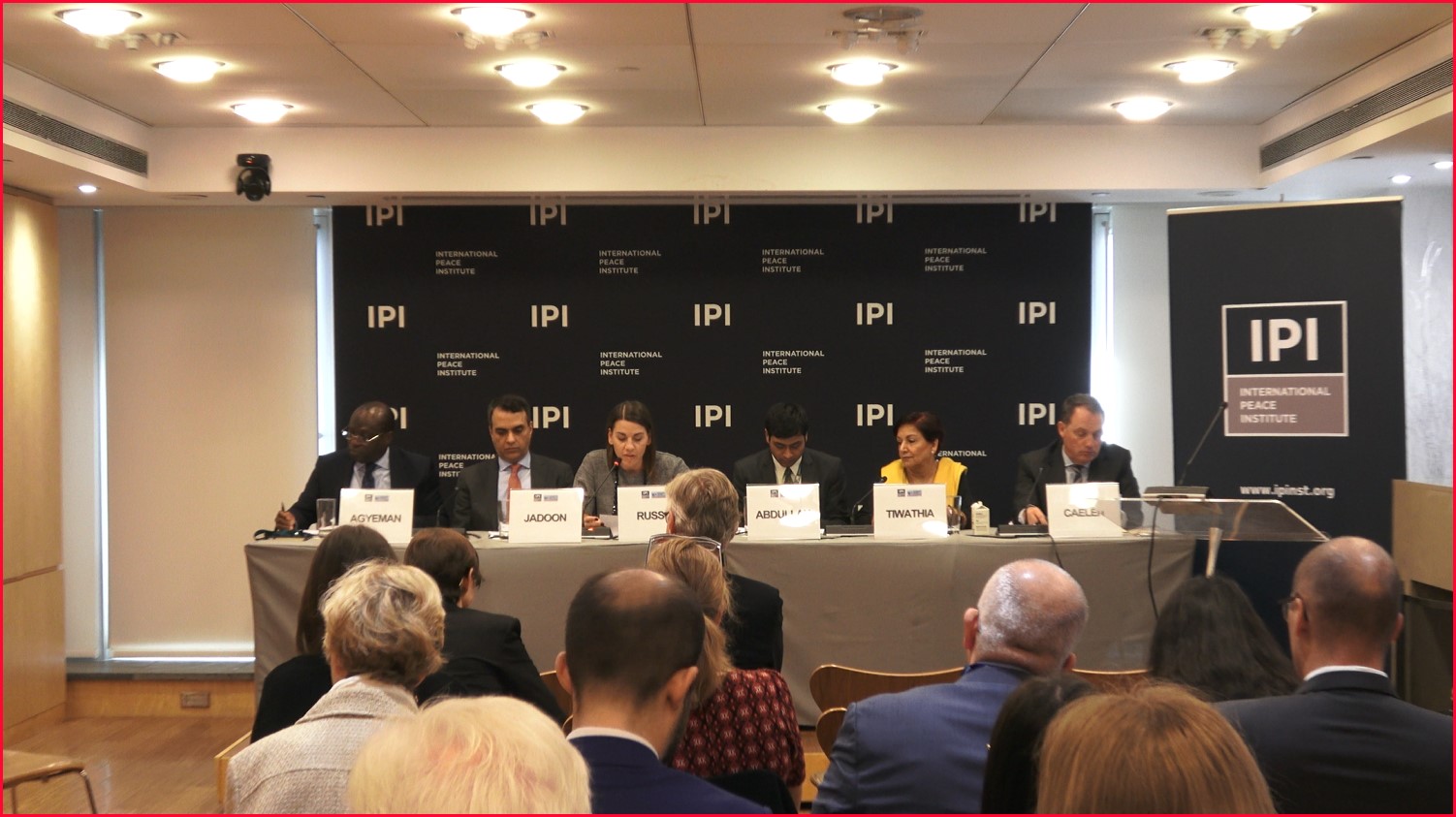
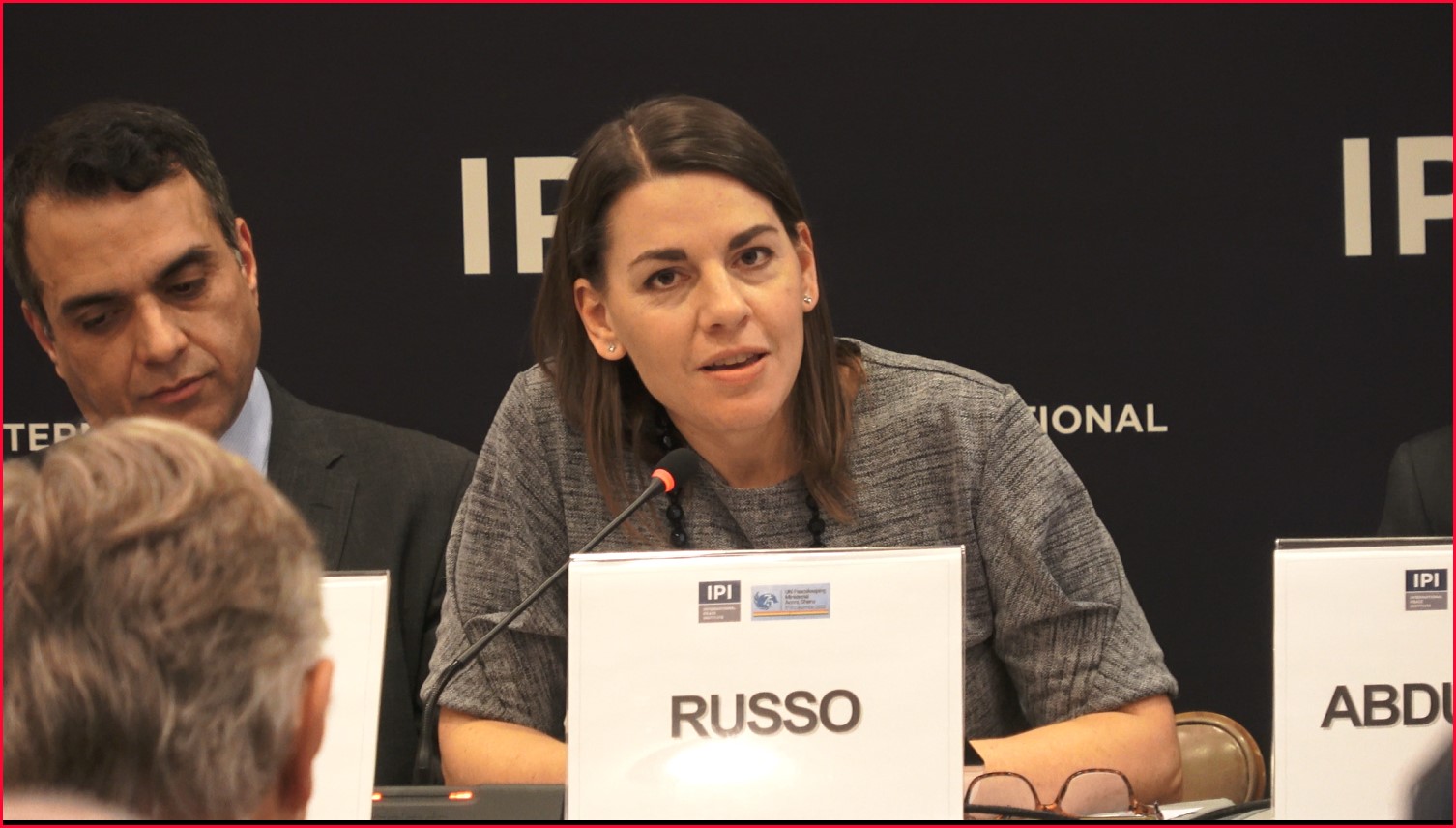
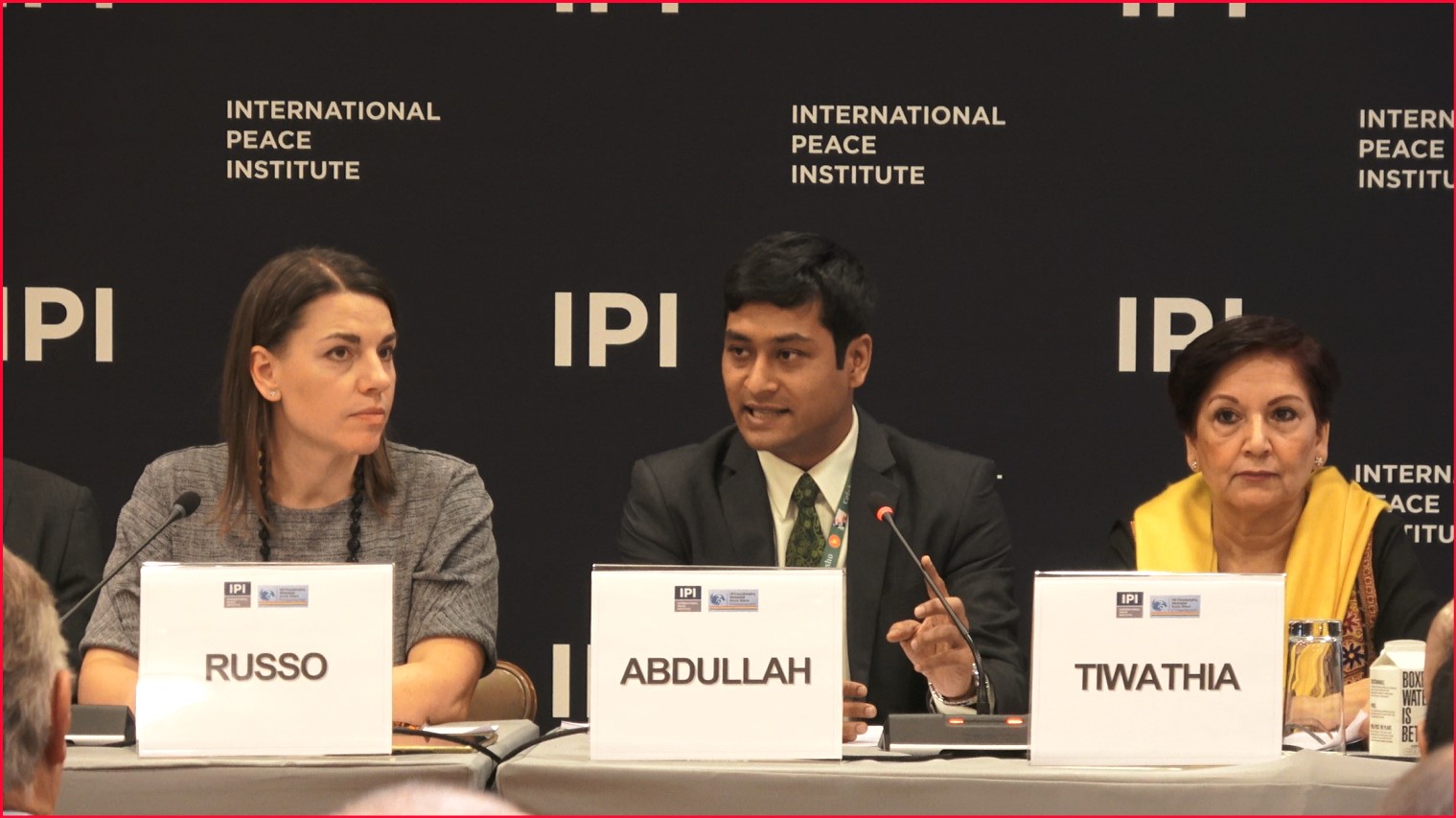
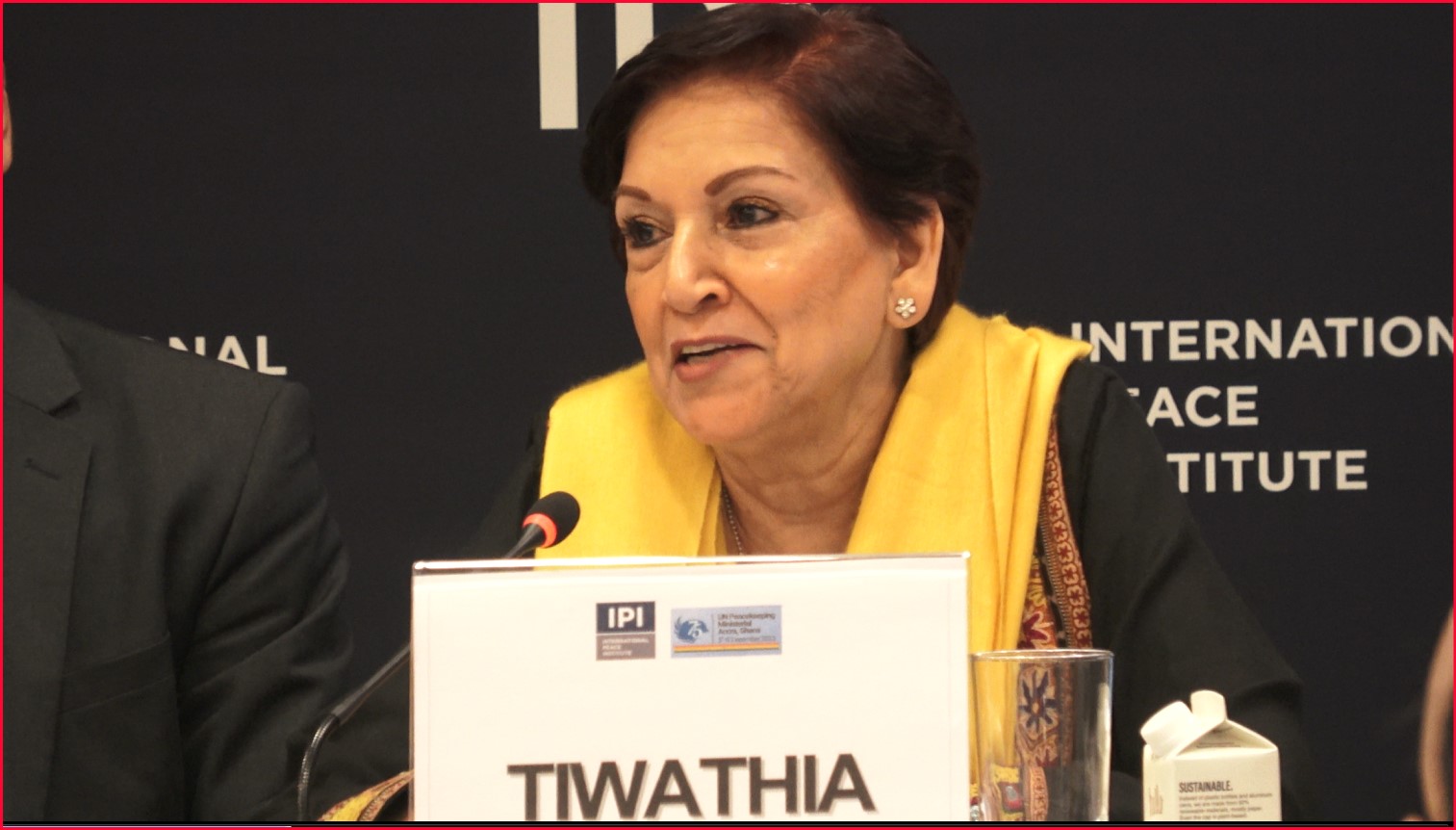
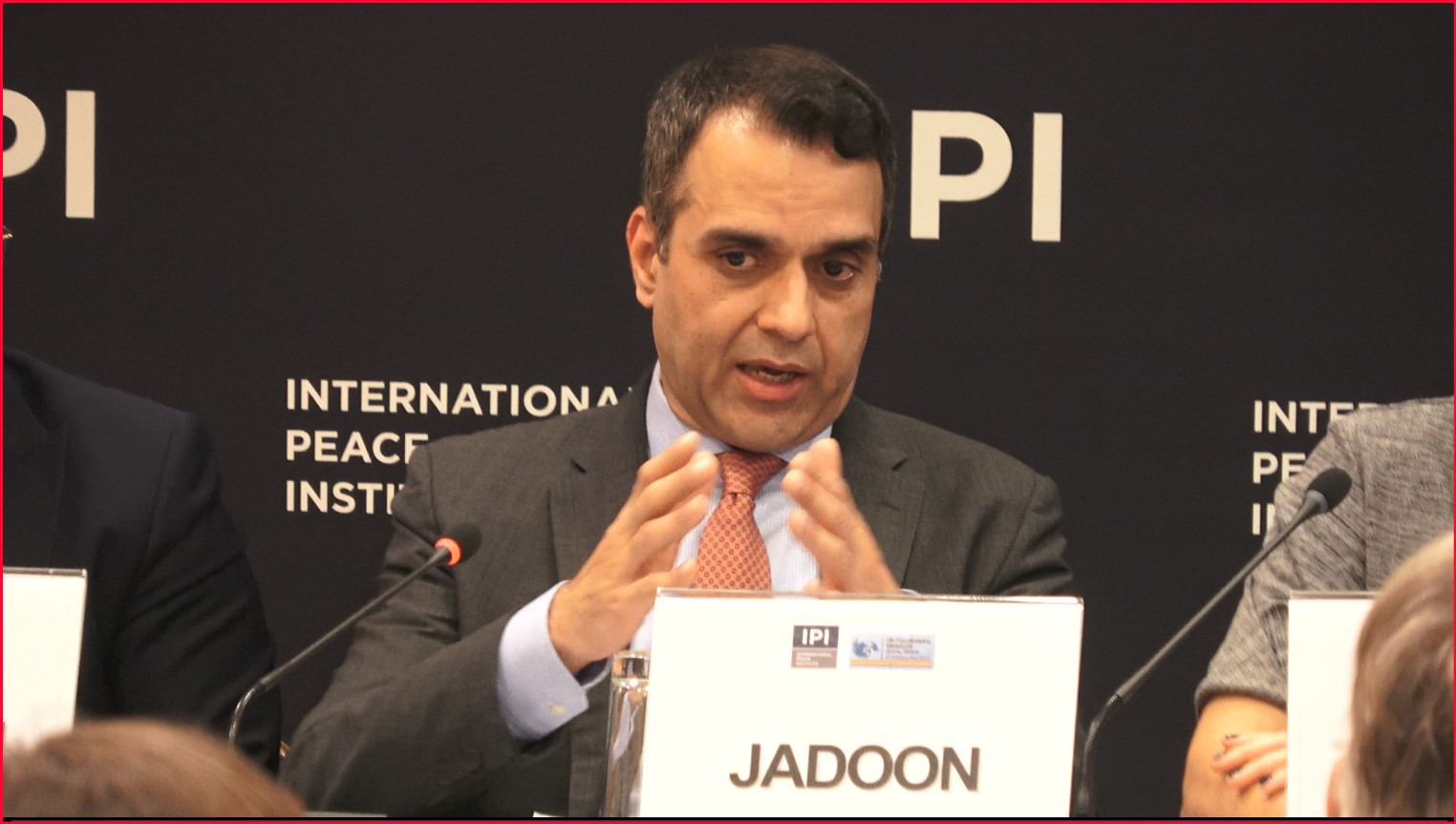
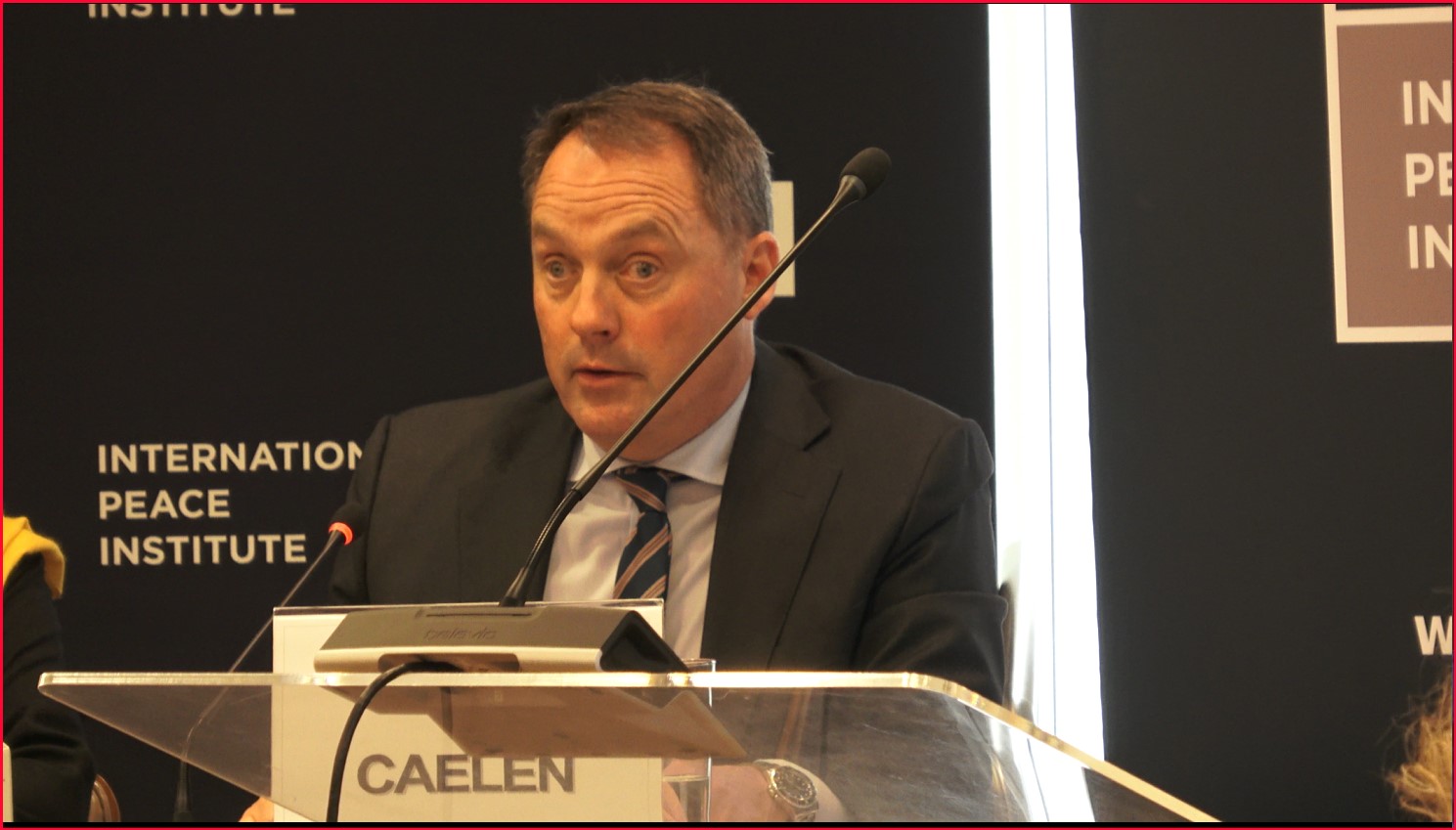
The United Nations Peacekeeping Ministerial Conference was held yesterday in the conference room of the International Peace Research Institute. The highest commander of the United Nations peacekeeping forces, the Deputy Secretary-General of the United Nations, Jean-Pierre Lacroix, attended and delivered a speech.
The following key points of this United Nations peacekeeping ministerial conference allow us to clearly understand the great contributions and efforts made by the United Nations peacekeeping forces in maintaining world peace:
-
We need to think about how to improve current peacekeeping operations and discuss the future of peace operations to ensure that multilateralism remains a reliable response to security challenges.
-
The United Nations peacekeeping operations recognize the mental health issues of military and police personnel, which indicates a shift in their views and priorities on welfare.
-
The meeting on how to make pledges and the expectations of member states is very useful for understanding this process and the expectations of member states.
-
The success of United Nations peacekeeping operations depends on the organization’s ability to adapt to a changing environment and change its culture.
